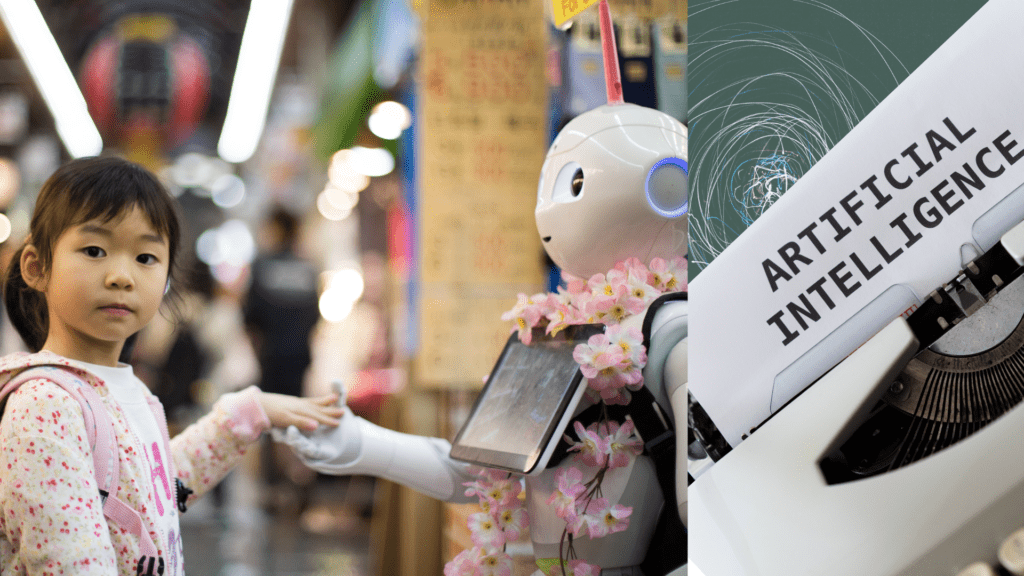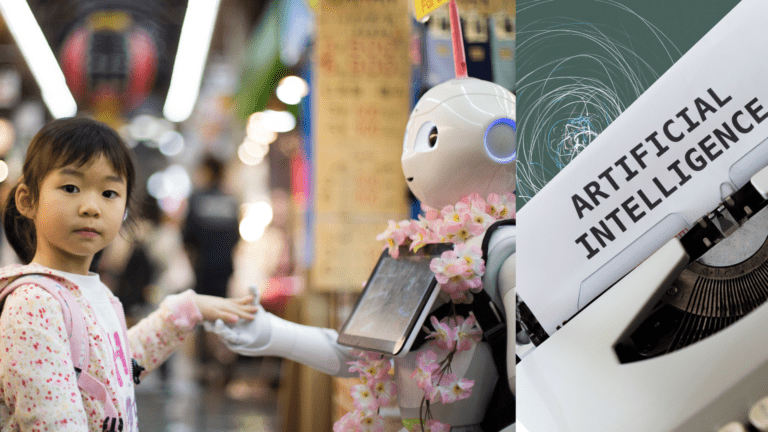Did you like what you read? Sharing is caring!
In today’s fast-paced world, technology is rapidly changing the way we live and work. Artificial intelligence (AI) and automation are transforming various industries, streamlining processes, and improving efficiency. While these advancements offer countless benefits, they also raise concerns about the potential displacement of certain jobs.
In this blog post, we will explore the top 10 jobs at risk due to AI and automation. By understanding the impact of these technologies on the job market, we can better prepare for the future and adapt to the changing landscape of employment opportunities. So, let’s delve into the jobs that could face significant challenges as AI and automation continue to evolve.
As we dive into the top 10 jobs at risk due to AI and automation, it is important to remember that these predictions are based on current trends and technological advancements. As the workforce continues to evolve, new opportunities and job roles may emerge, and some of these risks could be mitigated by upskilling and reskilling.


1. Retail Cashiers


2. Manufacturing Workers


3. Data Entry Clerks


4. Customer Service Representatives


5. Drivers


6. Warehouse Workers


7. Telemarketers


8. Administrative Assistants


9. Fast Food Workers


10. Bank Tellers
In conclusion, while AI and automation present challenges for certain job sectors, they also offer opportunities for growth and development. By staying informed about emerging technologies and trends, proactively acquiring new skills, and embracing lifelong learning, individuals in these at-risk professions can better position themselves for success in the evolving job market.
It is essential for governments, educational institutions, and businesses to work together in providing resources and opportunities for reskilling and upskilling. This collaborative effort can help ensure a smoother transition for those whose jobs are impacted by AI and automation.
As we move into an increasingly automated world, the workforce will continue to adapt and evolve. By staying informed, embracing change, and focusing on developing relevant skills, workers in these at-risk professions can remain competitive and find success in the ever-changing job landscape.






